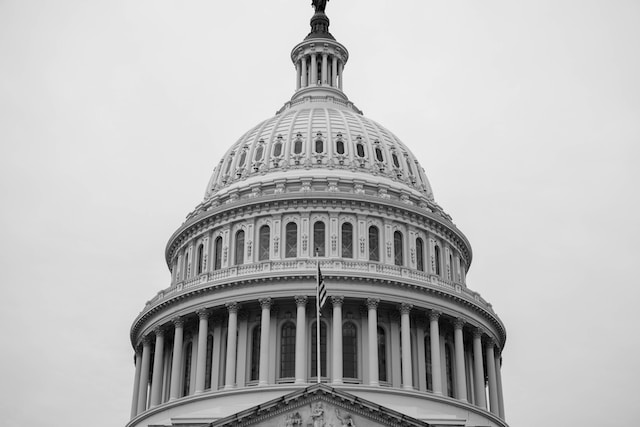
Legal Representation of Parents in Child Dependency Cases in Virginia
Read Full Article (PDF)
Virginia’s current system of providing court-appointed legal counsel for parents involved in child dependency cases is unsustainable and inadequate, requiring swift and dramatic action from the state government. Inadequate legal representation for parents often leads to poor outcomes for children and a lack of protections for the parents’ due process rights. While attempts to improve the system have been made in recent years, they are often quickly dismissed. The largest hindrances in the current system, this Article suggests, is that court-appointed attorneys for parents are typically underpaid, undertrained, and consequently unable to meaningfully advocate for their client. Due to the lack of adequate compensation, there is also a shortage of attorneys willing to accept appointments to represent parents in child dependency proceedings, leading to a widening gap in representation.
This Article provides an analysis of Virginia’s current system and a recommendation for improvement. In doing so, the Article begins by discussing the various federal laws that instruct the courts regarding their responsibilities in child dependency cases. This Article then addresses the process in which child welfare cases move through the court system, while noting the importance of effective lawyering on all sides in order for the courts to properly perform their duty. This Article also analyzes the workings of the current court appointment process for attorneys in child welfare cases. The Article identifies the numerous problems with the system itself and the resulting outcomes. Finally, this Article proposes a solution to improve the quality of representation to parents navigating the child dependency process in court and out of court. This solution proposes to not only increase compensation for parents’ counsel, but also to establish a state-level Commission which will work to qualify, train, and oversee parents’ counsel, while utilizing a multidisciplinary approach to provide wraparound benefits to parents engaging with the system and produce better outcomes for children and their families.
Eric J. Reynolds *
* Director, Office of the Children’s Ombudsman, Richmond, Virginia. J.D., 1999, University of Richmond School of Law.









